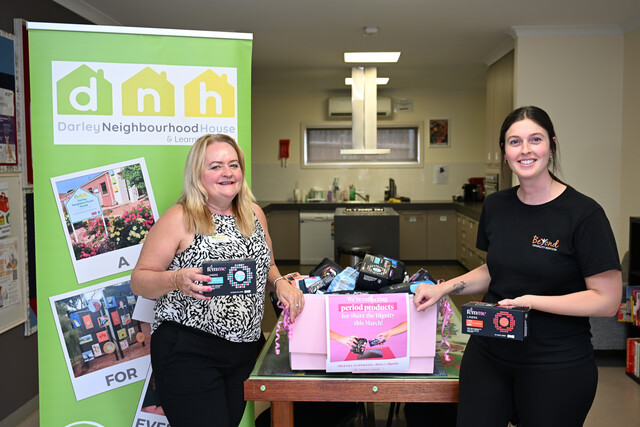While working on a farm, ‘Joyce’ witnessed the “dark and uncivilised” side of Australia, one that exploited her and stripped away her basic employment rights.
The worst part was not getting paid at all and not being able to complain to Fair Work Australia out of fear.
Joyce’s (not her real name) story is highlighted in a new Western Community Legal Centre (WEstjustice) report that reveals the extent of exploitation of migrant and refugee workers.
The problem is particularly rife in Melbourne’s west, report author Catherine Hemingway said.
The exploitation isn’t limited to the agriculture industry. Workers reported being underpaid in food processing, childcare, hospitality, security and manufacturing industries.
“It is happening in big companies and small businesses; it’s a huge problem,” Ms Hemingway said. “Through our research we found 88 per cent of newly arrived community members didn’t understand Australian employment laws or understood just a little,” she said.
“And that makes it really easy to get ripped off. If you don’t know what your rights are, how are you going to challenge any exploitation?”
Ms Hemingway said she hoped the report highlighted the widespread problem of exploitation and would improve employment outcomes for refugees, migrants, international students and temporary-visa holders.
The report sets out 10 steps to prevent exploitation, including targeted education, increased accountability in labour hire, and strategic measures to protect vulnerable groups.
Ms Hemingway said the report was part of a four-year, three-stage project, which involved training community leaders.
Neng Boi, of the Burmese Chin community, which has a significant population in Melton and Moorabool, said parts of her community were not aware of their legal rights.
She said worker exploitation was a huge problem in her community, and she hoped she had been equipped with the skills to help combat the problem.
“I learned there are many resources that we can get help from and so many places we can go,” Ms Boi said. “There are also so many things that I hadn’t heard about. I didn’t know we are entitled to extra pay on weekends and public holidays.”
















